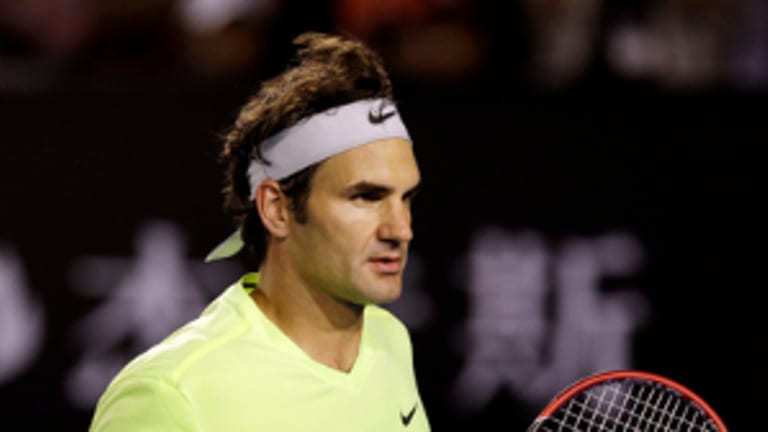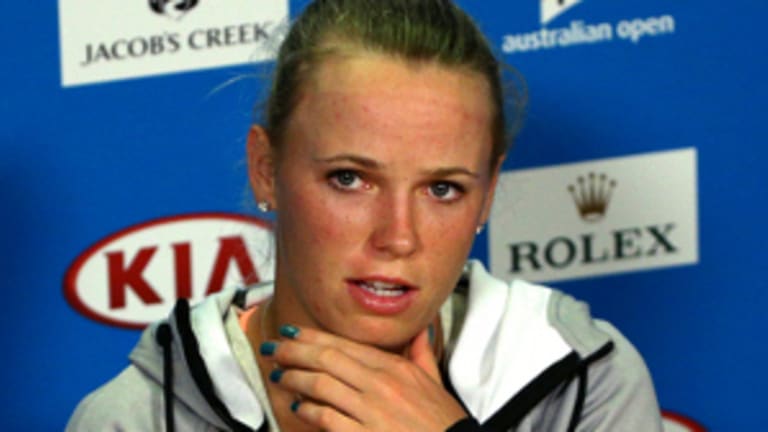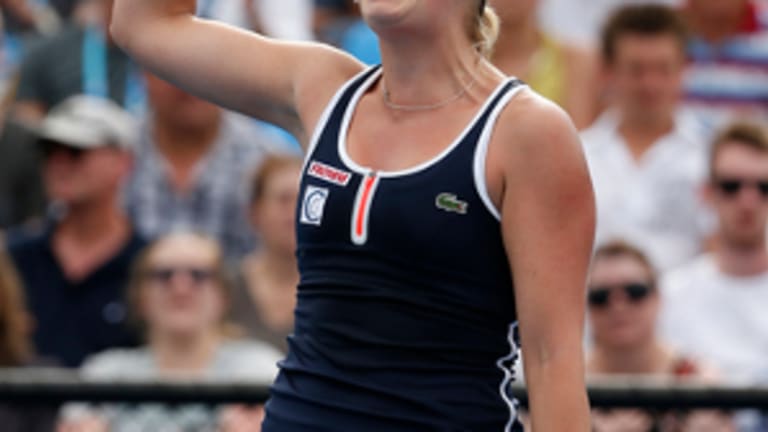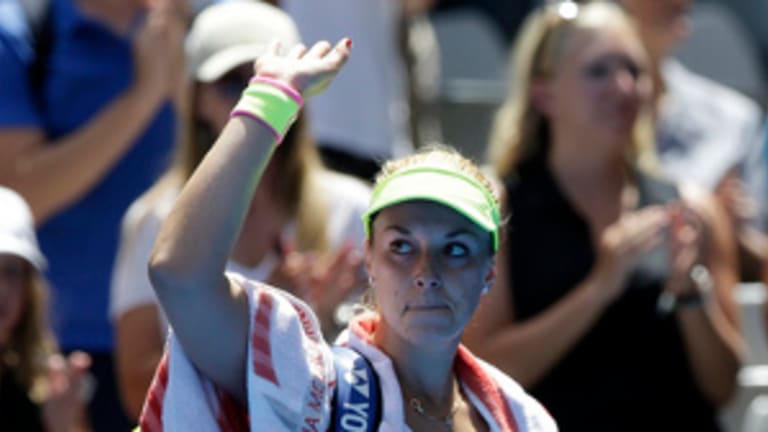The Australian Open isn’t going in the direction Caroline Wozniacki, Radwanska’s pal (or, everyone’s pal, really) wants it to.
In her last five visits Down Under, the Dane has lost in the semifinals, quarterfinals, fourth round, third round, and second round—in that exact order.
Should we just bank on her losing in the first round next year, then?
“I think it’s a curse I’ve gotten here,” Caro said. “Hopefully I'm going to break that next year and start going the other way.”
Four of the five defeats came against Grand Slam winners. The exception was Garbine Muguruza, who many think could become one someday.
A past study told us that officials most often get it right on line calls that are challenged, likely helped by ‘what the heck’ challenges and players going to Hawk-Eye on pivotal points even when they know they’ll be proved wrong (we'll call those ‘might as well’ challenges).
There’s been no change to the trend in Melbourne. As of the end of play Friday, players challenging were correct 32 percent of the time. The women were sharper: Their percentage stood at 35.1, compared to 30.5 for the men.
More carrots in the diet, perhaps.
Denis Kudla, though, went a perfect 5-for-5 in his lone match.
Not so good is Grigor Dimitrov, who is 0-for-9, with Murray not far behind at 0-for-6. They face off Sunday.
Don’t challenge, you two.
Reciprocal wildcards—the ones handed out by the French, U.S. and Australian Opens—hardly ever seem like they do anything special. But their displays at the Australian Open weren’t bad.
Kudla took the charmed Feliciano Lopez to five sets, even holding three match points.
Lucas Pouille is being anointed a future star after he, too, went the distance with his opponent, Gael Monfils. (Who doesn’t take Monfils to five at a Slam, really?)
Another French player, 18-year-old Oceane Dodin, upset Alison Riske in the first round and claimed a set off one of the hottest players on the tour, Karolina Pliskova, despite losing her racket during a serve:



